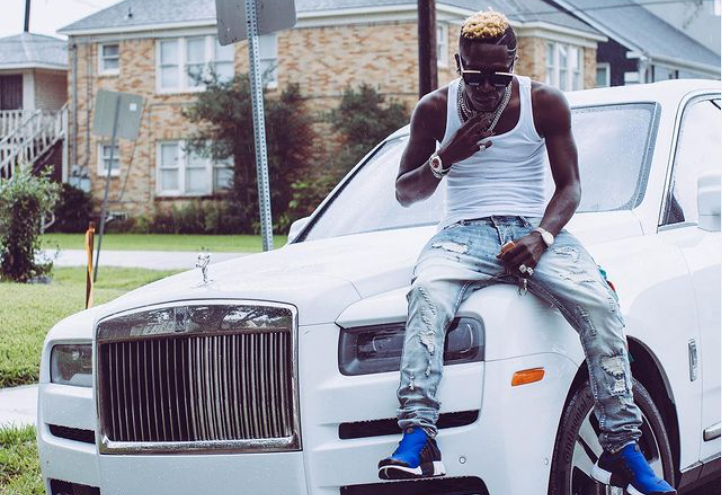Advertisement
As we have Hollywood, Bollywood, and Nollywood, Ghollywood also exist, which also stands in for Ghana movie industry.
The first traces of film in Ghana began in the 1920s when cinemas were being built across cities throughout the country (then called the Gold Coast). The new-found form of entertainment was originally only available to the country’s upper-class, but by the 1940s, leaders noticed the influence film had on its viewers. It was then that the Gold Coast Film Unit was established. Little cinemas housed in buses began sprouting up around the country where documentaries, newsreels, and government information was shown to the public. The film company also promoted films to embolden developments in health, living, and human cooperation.
By the 1960s, the film industry began to take off. Dr Kwame Nkrumah, Ghana’s first president, founded the Ghana Film Industry Corporation (GFIC) in the country’s capital city Accra. Understanding the power of cinema, Nkrumah sent promising filmmakers abroad to learn about film production. Nearly 150 GFIC productions were filmed during this time, all with the intent to reverse the negative stereotypes the preceding colonial government portrayed of Ghanaians.
Advertisement
By the 1980s, films were made independently. Prior to this time, the Ghanaian government was the only producer of film in the country. By 1981, the renowned filmmaker Kwaw Ansah shot the country’s first independent film, Love Brewed in the African Pot. The film was a compelling tale of an affluent young woman who falls in love with the son of a fisherman. The movie helped to revolutionize the art of film in Ghana, and was the launch pad for what is now known as Ghollywood.
Four decades later, Ghanaian cinema has continued to be a major player in African filmmaking. Hundreds of popular films are produced each year including the 2018 classic The Burial of Kojo and the timeless love story Silver Rain. International film companies are starting to take note of Ghana’s film landscape, which was evident with Beasts of No Nation, a Netflix film that was shot in Ghana and starred Idris Elba.








